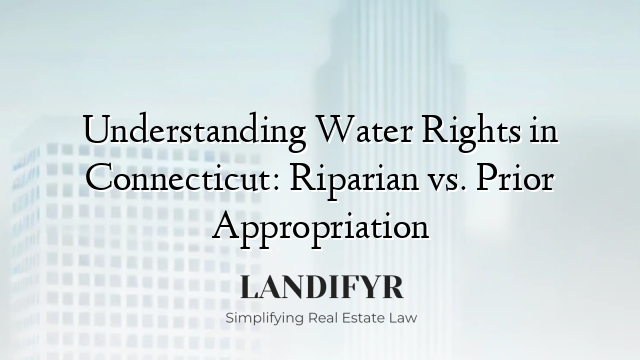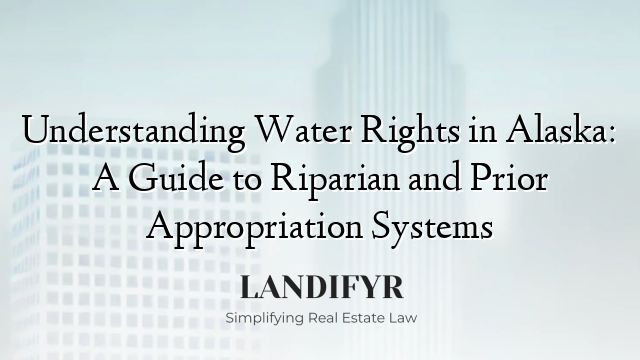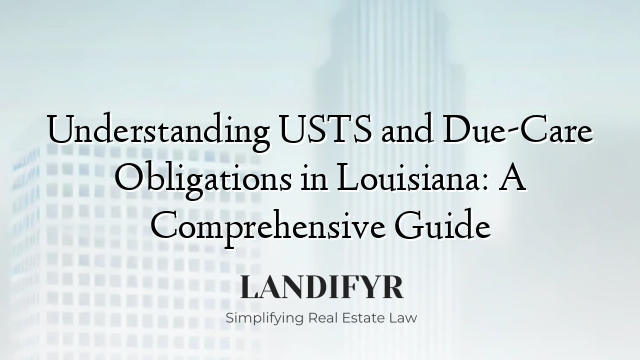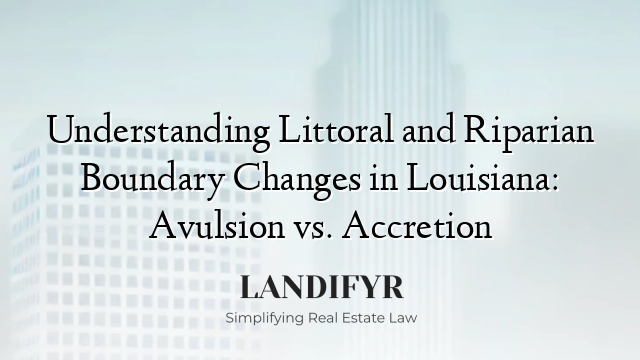Understanding Water Rights in Connecticut: Riparian vs. Prior Appropriation
Introduction to Water Rights Water rights in Connecticut play a crucial role in managing the use and distribution of this vital resource among landowners and developers. Understanding the legal frameworks governing these rights is essential for ensuring compliance with state laws and making informed decisions regarding land usage. In Connecticut, two principal doctrines define water […]
Understanding Water Rights in Connecticut: Riparian vs. Prior Appropriation Read More »







